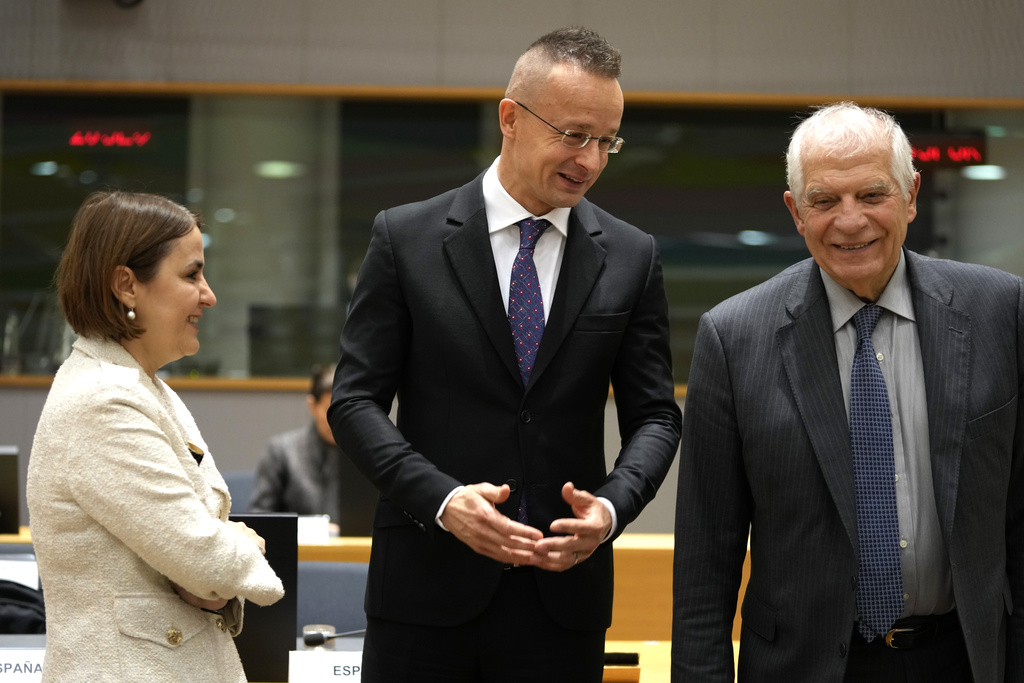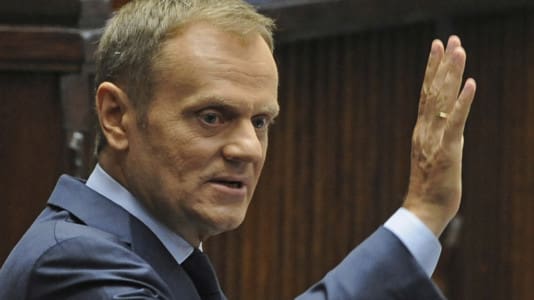The loud voices in favor of Ukraine’s accession to the European Union are very much in the minority during discussions behind closed doors, Hungarian Minister of Foreign Affairs and Trade Péter Szijjártó has claimed.
On Tuesday, EU foreign ministers deferred the decision about Ukraine’s membership to the upcoming summit of the heads of state and government, and Szijjártó said that Hungary’s position on the matter remains that neither the EU nor Ukraine is ready for negotiations.
He warned that Hungary’s stance on Ukraine is not a “tactical position” and that there is no room for negotiation, as the government believes that the EU is not prepared to launch a well-structured accession process with the country, which would ensure mutual benefits.
“It is clear that the European Commission has no idea of the implications of Ukraine’s accession for the EU and its member states in different areas of life,” he said.
[pp id=101844]
He stressed that the government had also managed to remove from the original proposal the prospect of action against the Serbs and the threat to freeze community funds for the Serbian Republic in Bosnia, as well as points that would have made the negotiation process with North Macedonia impossible.
“Contrary to what European or global public opinion thinks, the fact is that today the pro-enlargement countries are in a minority in the European Union,” he pointed out.
“Of course, in public, you can hear pro-enlargement statements from everyone, but when we are among ourselves, when we are in a decision-making situation behind closed doors, the member states that are definitely in favor of enlargement remain in the minority,” he added.
Szijjártó complained that no new member state had joined the bloc for 10 years, that no negotiating chapter had been closed with a candidate country for six years, and that a new one had only been opened two years ago.
North Macedonia has been a candidate since 2005 and Albania since 2014, and real negotiations have not yet started. Montenegro has been a candidate country since 2010, with the last accession chapter closed six years ago, and Serbia since 2012, with no real progress made.
“How did this situation come about? It could have happened because there were always member states that raised some objection, blocked the process, or thought it would not have been right for there to be progress,” he said.






